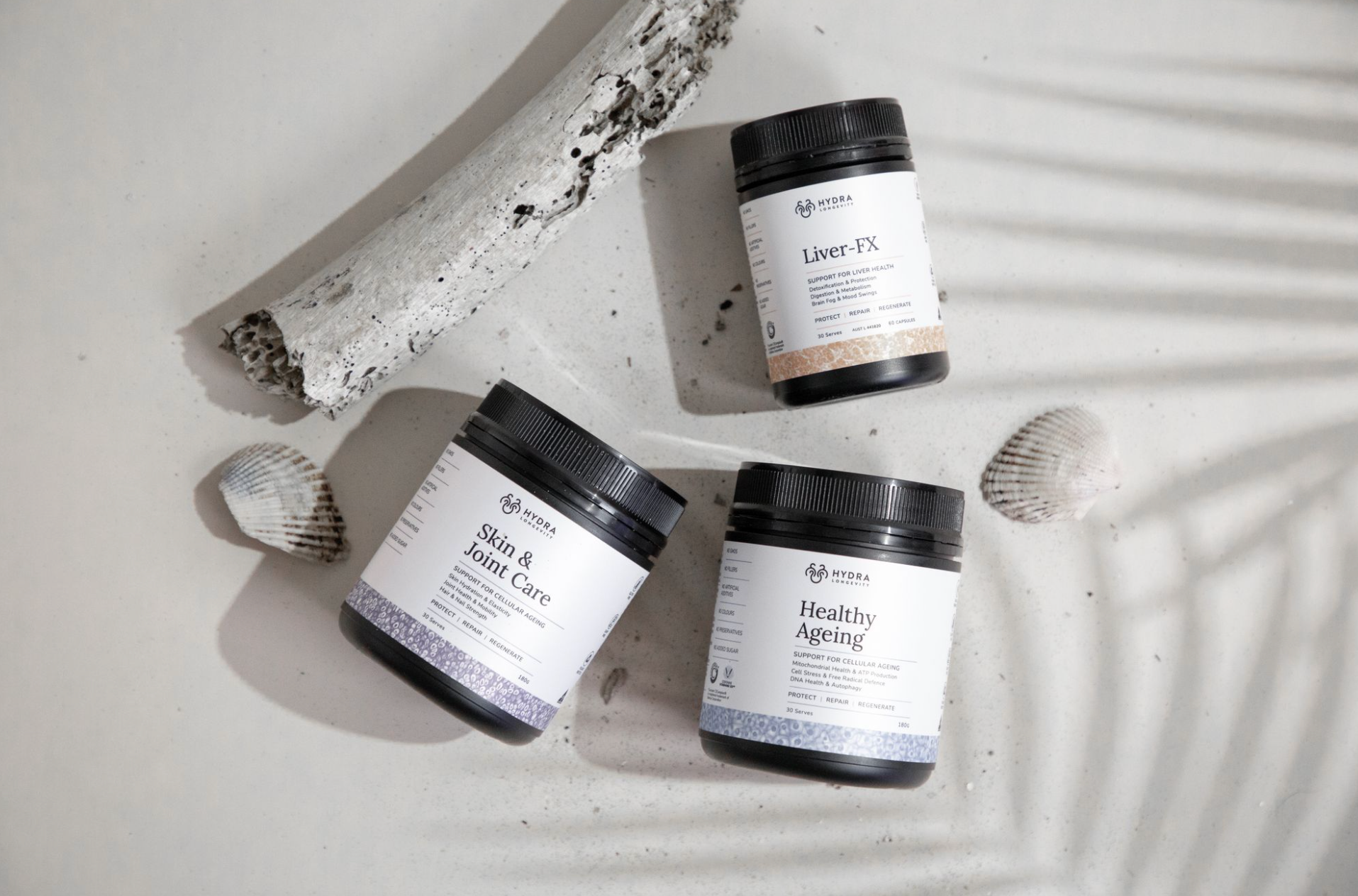We know more about deep space than we know about the workings and functions of our own gut.
There are over a thousand different viruses that live in our gut, but we only know the role and function of about 2% of those viruses. Why are they there? What purpose do they fulfil in keeping us alive? Are any of those viruses a problem if they get out of balance or replicate?
We have a whole other universe right here inside us ready to explore, however we still don’t have the technology and equipment required to observe and learn all there is to know about our digestive systems.
Our gut has multiple working systems, all interfacing with each other and being influenced by the trillions of microbes residing in our digestive track.
With over 70% of our whole immune system located in our gut, here’s a breakdown of the main players in our digestive tract.
- Digestive enzymes: secreted mainly in the upper digestive tract to break down our food into usable molecules, they also play a role in killing many pathogens and organisms that we ingest through our mouth.
- Microbiota: made up of the many individual micro-organisms in our gut such as bacteria, viruses, parasites and fungi. All these bugs can weigh up to 2kg and have lived with us since birth. Also known as probiotics, your bowels host an estimated 100 trillion micro-organisms from more than 500 different species.
- The Microbiome: describes the full complement of micro-organisms and their genes that influence our health. There are over 46 million genes in our gut compared to around 30,000 in our cells.
- The epithelium: a single layer of cells that act as a physical barrier and as a co-ordinating hub for our immune defences and crosstalk between our microbiota and our immune cells.
As you can see from above, our digestive tract is much more than a hollow tub that connects our mouth to our ‘behind’, it’s a dynamic system that houses trillions of living organisms essential to our biology and supports many different physiological functions, removes wastes and toxins and protects us from disease and illness.
While very complex in its activity and function, gut immunity is simple to understand, and to influence. The main aspect to remember is that the bugs in our digestive tract talk to and activate the tissue of our gut and the cells of our gut message and signal back to the bugs in our gut, it’s a two way street of communication and messaging.
Recent studies have found that our modern-day lifestyles, diet and overuse of antibiotics are causing major disruptions and shifts in our gut environment and microbiome and this is leading to lowered immunity and absorption problems.
Below are some more factors that interfere with our microbiome and lower immunity:
- Diarrhoea or constipation.
- Poor dietary choices with too many processed foods containing artificial ingredients.
- Environmental pollutions especially chemicals we use in our homes.
- Stress and lack of sleep.
- Medications for various health problems we develop.
- Lowered digestive enzymes secretions so we can’t absorb our food.
The importance of the link between diet, gut bacteria and immunity cannot be underestimated. More and more people are realising that eating the wrong kinds of food can have a negative effect on the bacteria in your gut and make you more susceptible to a range of diseases.
Steps to improve immunity
A diet rich in whole, unprocessed foods will encourage the growth of good bacteria in the gut, helping to establish a strong immune system.
There are some specific steps that can improve gut-related immunity:
- Eating probiotic foods containing Acidophilus, L. casei and L. rhamnosus.
- Eating some fermented foods in our diet such as sauerkraut and kimchi.
- Increasing fibre intake to give more prebiotic fuel to our probiotics.
- Eating slowly and in a relaxed environment.
- Increasing Omega-3 fatty acids and decreasing the levels of Omega-6 in the diet.
- Moderate amounts of exercise, daily.
- Enough sleep: 7-9 hours has been found to improve gut health and immune function.
- Lowering stress levels such as 10 minutes meditation before bed every night.
All the points above are simple to implement into your daily lives and they all benefit your microbiome. Many of you will have read about and taken probiotics over the past 20 years – the wonder bugs such as acidophilus and bifidus. However, it’s now PREbiotics that are taking centre stage in research departments around the world. Scientists are finding that it’s the food you feed your microbiota that causes them to become stronger, more resilient and colonise the digestive tract, and it’s the food you feed your microbes that determine how they behave and how they reproduce.
Feed your beneficial bugs with the best foods possible to fuel their activity and boost their numbers so you can have a wide diversity of beneficial microbes and create a healthy environment in your gut so that pathogenic microbes can’t get a foothold and thrive.
Body Revitaliser Essentials has focussed on the best PREbiotics available to boost immunity and reverse many chronic disease processes. Discover them all in the Microbiome Prebiotic Stack.





